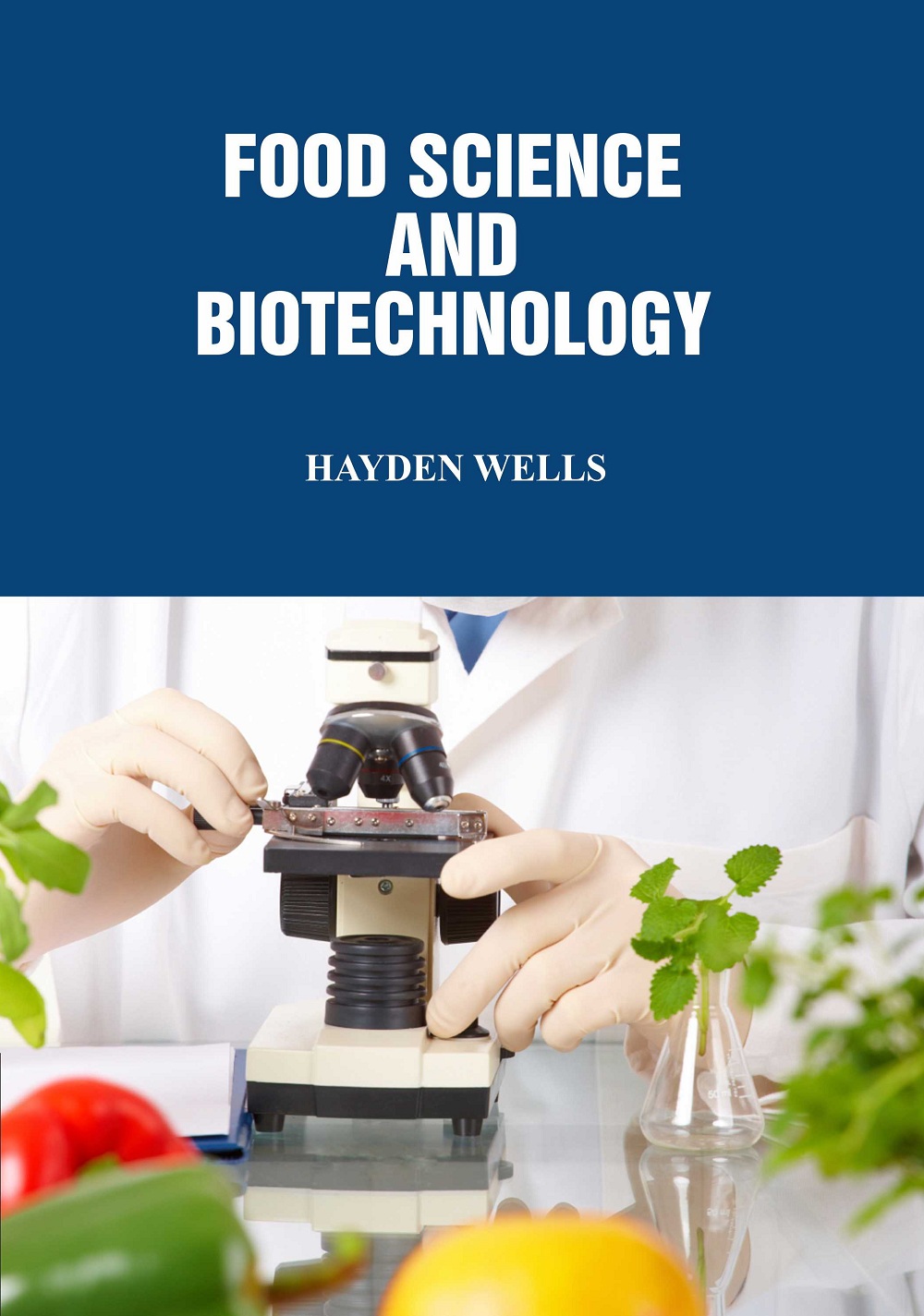Activation of hepatic alcohol metabolism by enzymatic porcine placenta hydrolysate in rats
Abstract
Alcohol consumption causes severe liver damage and oxidative stress. This study investigated the hepatoprotective effects of enzymatic porcine placenta hydrolysate (EPPH) in Sprague–Dawley rats under acute alcohol administration. EPPH significantly reduced plasma ethanol and acetaldehyde levels in a dose-dependent manner. Furthermore, EPPH decreased the hepatic levels of malondialdehyde and thiobarbituric acid reactive substances and suppressed Cyp2e1 mRNA expression. EPPH decreased the plasma alanine transaminase and aspartate transaminase levels and increased the hepatic NAD+/NADH ratio. Hepatic transcriptome analysis revealed the significant regulation of key genes involved in inflammation, alcohol response, and apoptosis. Phosphokinase array analysis demonstrated that EPPH reduced phosphorylation of CASP9, BAX, TP53, and CHK2, thereby facilitating reactive oxygen species removal and suppressing apoptosis. Additionally, qPCR confirmed EPPH reduced Bax and Caspase9 mRNA levels, while immunoblotting showed decreased phosphorylation of TP53 and CHK2. These findings suggest that EPPH improves hepatic alcohol metabolism and reduces alcohol-induced hepatotoxicity.

 求助内容:
求助内容: 应助结果提醒方式:
应助结果提醒方式:


